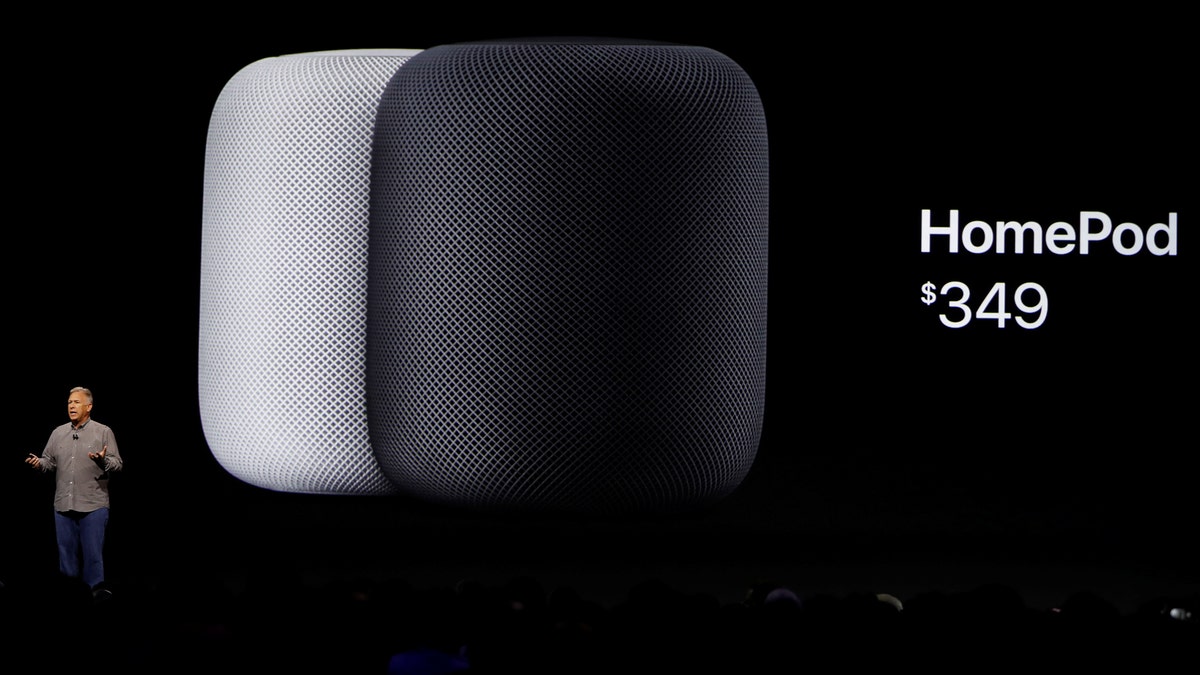
Phil Schiller, senior vice president of worldwide marketing announces the new Apple HomePod during the annual Worldwide Developer Conference (WWDC) in San Jose, California, U.S. June 5, 2017. (REUTERS/Stephen Lam)
Apple’s long-awaited smart speaker lands in stores on Friday.
The HomePod is a new type of product for the tech giant, and to ensure owners get the most out of it, Apple has posted a bunch of tips in a useful guide.
According to DT’s recent review of the HomePod, setup is, as you’d expect with Apple kit, “dead simple,” involving little more than holding your iPhone close to the speaker and following a few prompts on the display.
But if you get in a pickle from the start, Apple’s new user guide will set you straight.
More From Digital Trends
It’s split into various sections, including Get started, Apple Music, Apple Podcasts, News, Control your home, Assistant, and Support and safety. Most have sub-sections where you can find out more about the HomePod’s various features and discover ways to get the most out of it.
News junkies, for example, can quickly receive updates from major sources around the world simply by saying, “Hey Siri, what’s the news today.” If you want to switch to another source, you can say, “Hey Siri, switch to the BBC instead,” or whatever outlet you prefer. Of course, you can also ask for specific types of content by asking Siri for “sports news” or “business news,” and so on.
But of course, as the guide’s different sections suggest, the HomePod does a whole lot more than just respond to your requests.
Brilliant sound but pricey
In DT’s review, the $349 HomePod was warmly received, praised for its “gorgeous design, brilliant sound, simple setup, and effortless control of HomeKit devices.”
Downsides, however, include lack of multi-user support and the inability to use Siri for third-party music streaming services. It’s also one of the more expensive smart speakers on the market, and more expensive than similar offerings from major rivals, including Amazon’s new Echo ($99), and Google Home ($129), though Google Home Max is pricier at $399.
If you’re getting interested in smart speakers but are yet to take the plunge, be sure to check out DT’s recent piece comparing offerings from the three leading players in the space. As you might expect, we discovered that each of the devices has strengths and weaknesses, though depending on your needs, some will matter more than others.








































